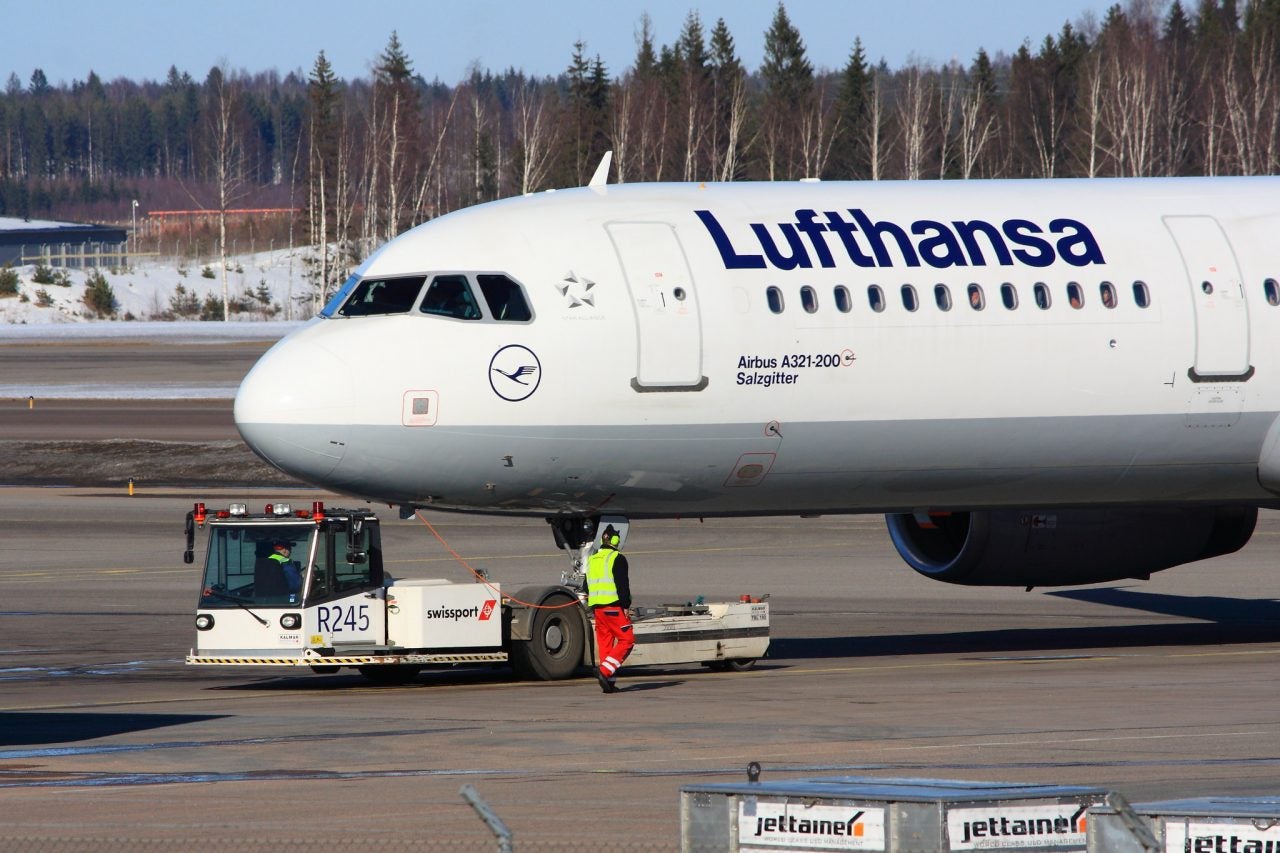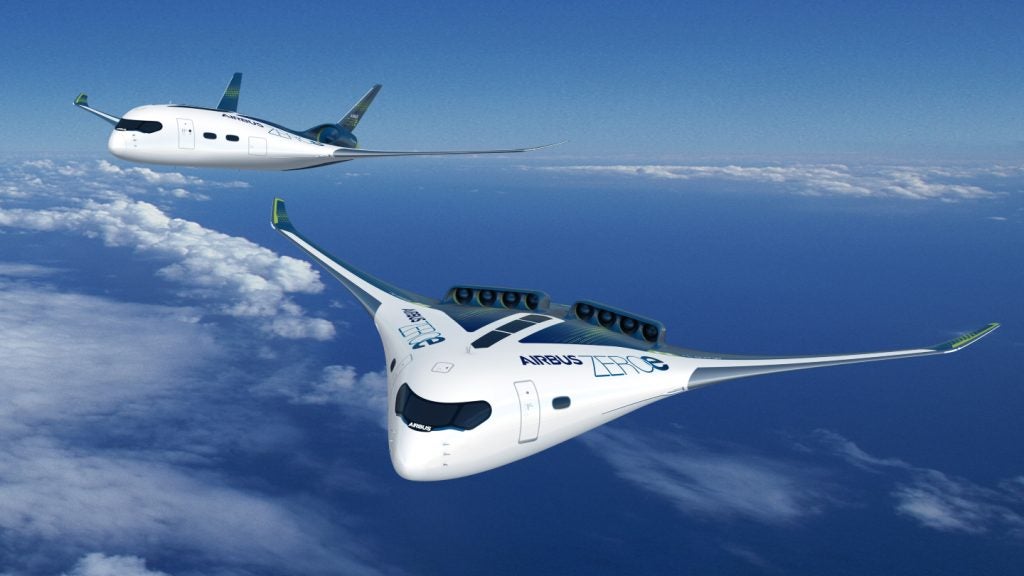
The aviation sector suffered more than most industries due to the pandemic, as flights were grounded, airports shut down and international travel slowed to a halt. As Covid-19 spread globally, air travel demand was effectively wiped out and planes were grounded. A year on, it’s still unclear when the sector will fully rebound, but hope is firmly on the horizon.
During this turbulent time, aviation services company, Switzerland-based Swissport, has faced financial restructuring, job losses and a new CEO. The company generates roughly 80% of its revenue in airport ground services, including those for passengers and ramp handling, most of which completely shut down during the first wave of infections.
According to the firm, due to the global market collapse in the wake of Covid-19, it served 68.9 % fewer passengers than in 2019 and handled roughly 59% fewer flights, down to 1.7 million from 4.1 million. This culminated in a revenue decrease of roughly 50% compared to 2019.
Job losses
As such, in May-June 2020, the company faced a financial crisis. It was forced to seek a reported 500 -700 million euros (£435-£607m) in rescue funds to ride out the disruption, which it hoped would be temporary.
Last June, it announced it may need to cut half its UK workforce, including at Gatwick and Heathrow airports. At the time, CEO Jason Holt, said this was necessary to “secure the lifeline of funding from lenders and investors”.
Since the start of the pandemic, the firm confirms that approximately 23,000 people have left the company. It currently has 42,500 employees, around 17,000 of which are still on temporary furlough or in other government-sponsored programs.
How well do you really know your competitors?
Access the most comprehensive Company Profiles on the market, powered by GlobalData. Save hours of research. Gain competitive edge.

Thank you!
Your download email will arrive shortly
Not ready to buy yet? Download a free sample
We are confident about the unique quality of our Company Profiles. However, we want you to make the most beneficial decision for your business, so we offer a free sample that you can download by submitting the below form
By GlobalDataA spokesperson for the company says they expect travel demand to rise in the late summer of 2021 and from then to start steadily re-activating employees permanently.
Weathering the storm
By mid-August Swissport became one of the first global companies to agree to a comprehensive restructuring with creditors and shareholders, including a debt-for-equity swap and a new 500 million euros long-term debt facility. It also secured 300 million euros of interim financing.
The agreements, group president and CEO Eric Born said would “secure Swissport’s long-term future.” This overall restructuring was complete by December, part of which involved transferring ownership of the company from HNA Group to a group of financial investors.
Along with debt and financial restructuring, however, it was the continuation of air cargo planes that has largely kept the business afloat. While passenger services collapsed, demand for air cargo logistics, though also impacted, saw a much smaller decline, initially dropping to 4.1 million tons from 4.6 million tons in 2019, before rebounding to pre-Covid levels.
Learning curve
Administratively, according to a Swissport spokesperson, when the pandemic hit, the company was well prepared for an almost complete transition to remote working of its administrative and managerial staff.
In terms of operational steering, Swissport is looking to further enhance its resource planning, with the goal to achieve almost real-time data based on smart and integrated demand forecasting tools, and digitalisation as a central strategic pillar for growth, according to the spokesperson.
Delivering on this strategy will be a new, veteran CEO. In February 2021, Swissport appointed Warwick Brady, replacing interim CEO Christoph Mueller, who will instead become Chairman of the Board of Directors. Brady is currently the CEO of Esken Limited, formerly Stobart Group, a British infrastructure, aviation and energy company.
He was previously the CEO of easyJet for nearly eight years and is credited with transforming the company into a FTSE 100 business. Swissport’s previous CEO Eric Born retired from the company in December after five years.
Future expectations
Swissport is expecting a robust rebound during the second half of 2021, though it anticipates some regions will have a slower recovery than others, depending on the speed of the vaccine roll out and the quickness with which countries decide on border entry regulations.
A spokesperson said the biggest challenge faced is uncertainty, especially with the ongoing delays of the vaccination programs, testing and due to a lack of reliable and globally consistent travel and immigration guidelines. Especially as recovery will not likely be uniform around the world, the company hopes for transparent and reliable travel and immigration rules at least.
Swissport has secured several new contracts, including a major cargo handling agreement with Lufthansa Group for London Heathrow Airport, serving Air France-KLM Group in Saudi Arabia until 2025, a three-year contract covering airport ground services for the airlines of IAG at the new Berlin Brandenburg International Airport, and most recently a major five-year air cargo handling contract at Brussels Airport with Turkish Airlines.
Hope is on the horizon, but the industry is expected to be significantly impacted indefinitely. Former Swissport CEO Jason Holt had said last year that “There is no escaping the fact that the industry is now smaller than it was, and it will remain so for some time to come.”
Or as Swissport’s spokesperson puts it, there has certainly been a “dent in our trajectory”. As a result, there will likely be market consolidation in the whole sector and increased outsourcing of aviation ground services is expected.
But with airlines looking, now more than ever, for stable and reliable partners and stability, Swissport believe it is well positioned as the partner of choice for airlines as they prepare “to turn the page from Covid-19 and ramp-up operations.”






